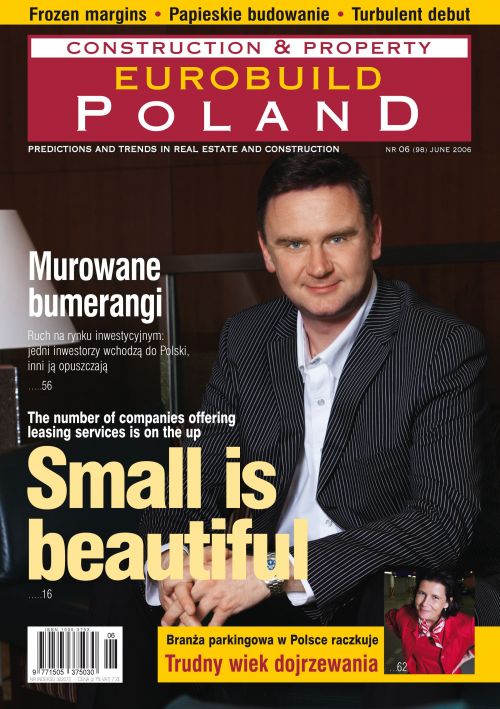Banks operating on the real estate market loathe being classified under a common denominator. So-called universal banks – such as mortgage banks and also non–mortgage banks – but specializing in financing real estate are now active in this sector. Additional dividing lines define the kinds of ventures for which banks grant loans (commercial and housing projects, as well as investment real-estate acquisitions) and also over the customers they mainly cooperate with – institutional and individual). On their own Widening the range of possibilitiesThe housing industry is another segment of the market which until recently aroused little enthusiasm among bankers. But the housing boom has led to the business becoming much more attractive, despite the fact that not all property banks are yet financing housing developments. One such example is Aareal, which is simply not interested in financing homes. True, Investkredit did grant three such loans, but they were for re




























































